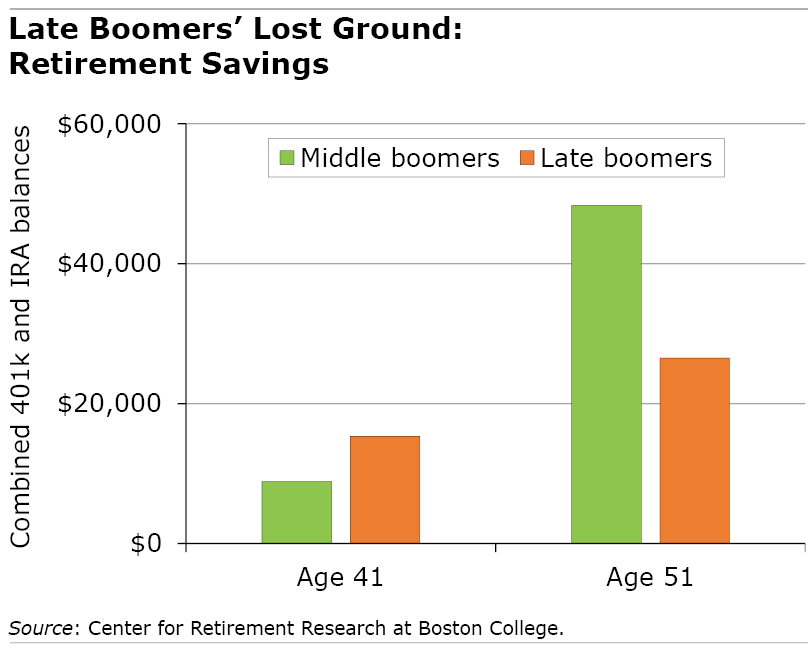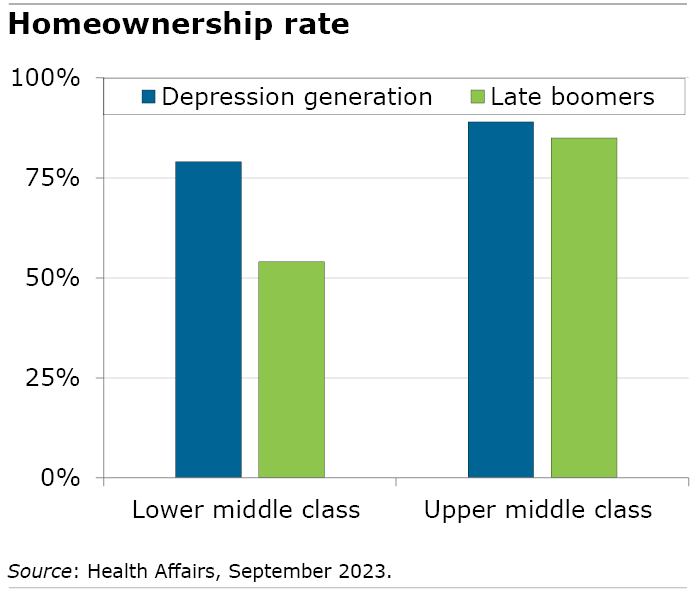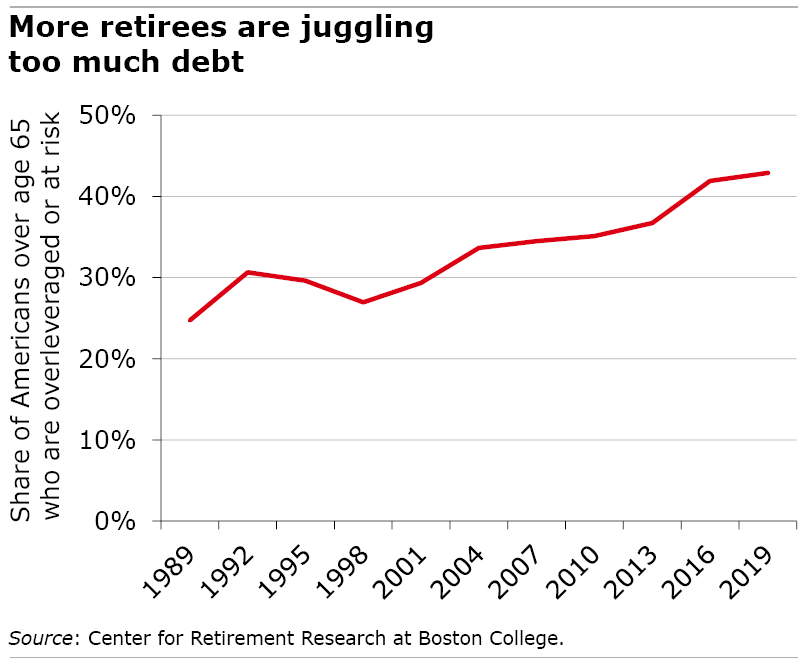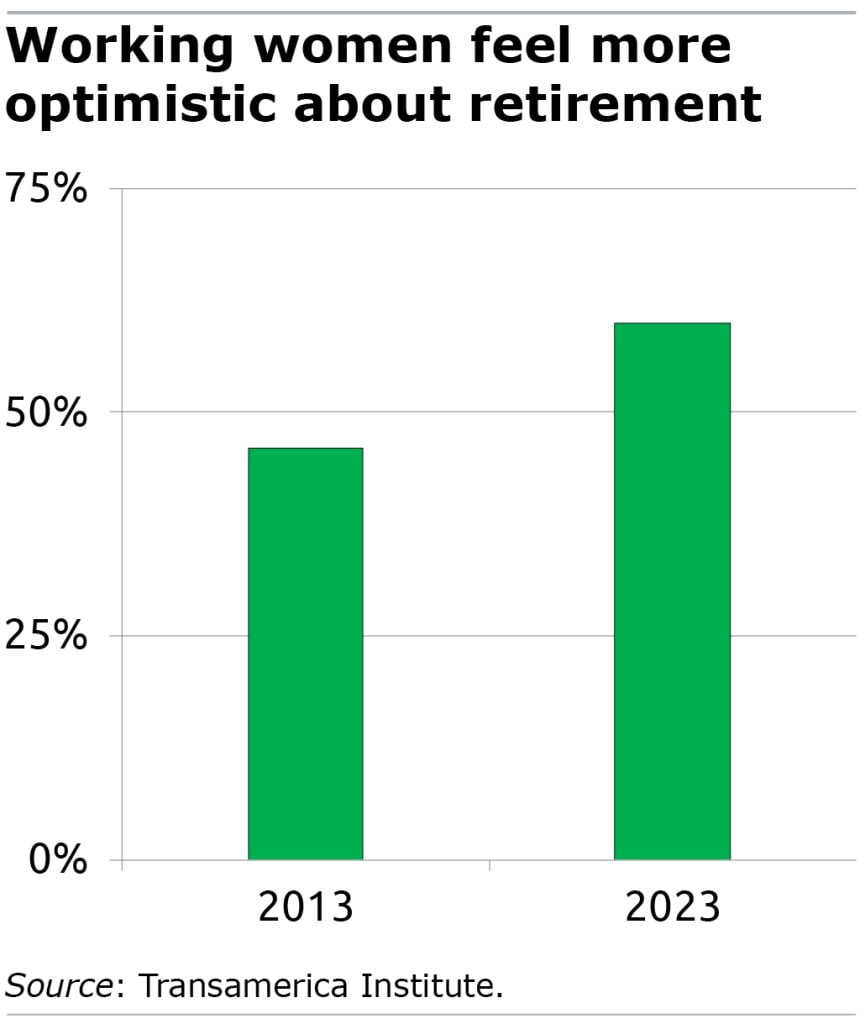Every year for 24 years straight, the number of people receiving federal disability benefits increased, nearly tripling to around 9 million. In 2015, that trend suddenly reversed. The reversal is due both to more people exiting the program as...
Every year for 24 years straight, the number of people receiving federal disability benefits increased, nearly tripling to around 9 million.
In 2015, that trend suddenly reversed. The reversal is due both to more people exiting the program as the population ages and to fewer new people joining the rolls. The drivers behind this latter trend are less clear, so they were the focus of a new study.
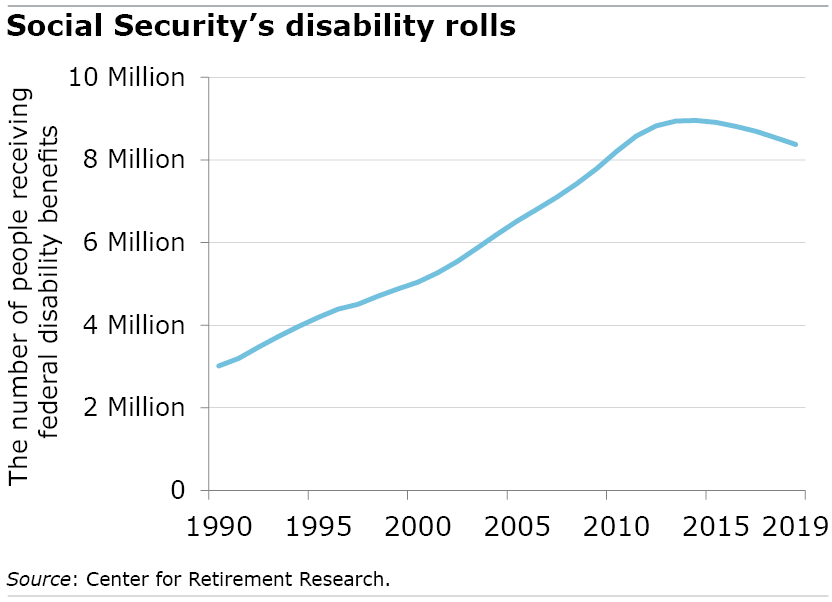
Siyan Liu and Laura Quinby at the Center for Retirement Research find that two factors accounted for the bulk of the recent drop in the number of new recipients of disability benefits. One factor is already widely recognized: a strong economy, post-Great Recession, provided more job opportunities for workers who have disabilities but are capable of getting or keeping a job. Applications and awards have been known to spike in recessions, and the researchers confirmed that the opposite has occurred during the rebound from the Great Recession.
But a second factor that has received less attention reflects policy changes within the disability system, such as a stricter process for awarding benefits on appeal. Starting in 2010, for example, the administrative law judges who handle appeals by workers who were initially denied benefits were retrained to improve consistency within the appeals process. This made it more difficult for some individuals to be approved and reduced the share of applicants being accepted into the program.
Another factor that some researchers thought could potentially reduce the number of new disability beneficiaries – but turned out to have little impact – is the aging U.S. population. It’s conceivable that fewer people are applying for disability because more and more baby boomers are old enough to start their Social Security retirement benefits instead. However, this has not reduced the disability rolls, the researchers found. In fact, so many of the younger boomers are still shy of retiring that they are still putting a little upward pressure on the rolls.
The researchers concluded that the decline in the disability rolls seems unlikely to reverse anytime soon, which might warrant taking a fresh look at Social Security policy given that the disability program’s finances are improving.
“The time may have come to somewhat rebalance the goals,” they said, from “encouraging labor force participation to protecting vulnerable people.”
To read this study by Siyan Liu and Laura Quinby, see “Why Did Disability Insurance Benefits Drop from 2015 to 2019?”
The research reported herein was derived in whole or in part from research activities performed pursuant to a grant from the U.S. Social Security Administration (SSA) funded as part of the Retirement and Disability Research Consortium. The opinions and conclusions expressed are solely those of the authors and do not represent the opinions or policy of SSA, any agency of the federal government, or Boston College. Neither the United States Government nor any agency thereof, nor any of their employees, make any warranty, express or implied, or assumes any legal liability or responsibility for the accuracy, completeness, or usefulness of the contents of this report. Reference herein to any specific commercial product, process or service by trade name, trademark, manufacturer, or otherwise does not necessarily constitute or imply endorsement, recommendation or favoring by the United States Government or any agency thereof.






